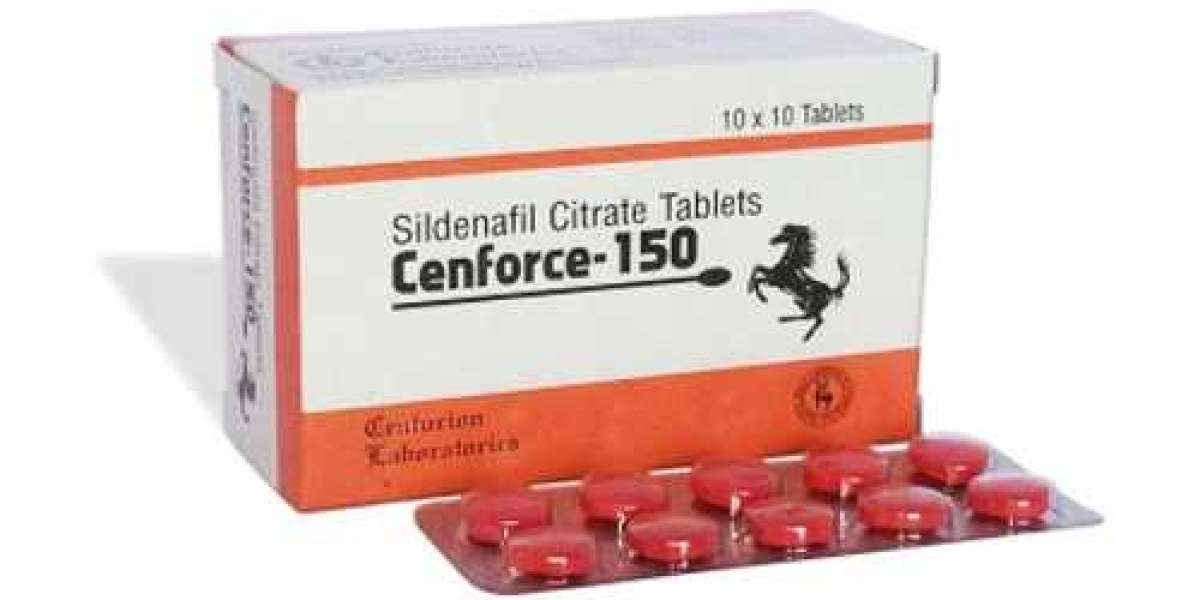Wisdom teeth, also known as third molars, are the last set of teeth to emerge in the human mouth. Typically, they start to come in during the late teens or early twenties. However, they often become problematic, causing pain, infections, and misalignment of the existing teeth. In such cases, wisdom teeth removal is a common dental procedure to ensure optimal dental health and prevent further complications.
Understanding Wisdom Teeth
Wisdom teeth are the final set of molars that grow at the back of the mouth. Most individuals have four wisdom teeth, one in each corner of the mouth. However, not everyone develops all four, and in some cases, they may only grow partially or not at all.
The Reasons for Wisdom Teeth Removal
There are several reasons why wisdom teeth removal is necessary:
Impaction: Wisdom teeth can become impacted, meaning they do not have enough space to grow properly. This can cause pain, damage to adjacent teeth, and even cyst formation.
Pain and Discomfort: As wisdom teeth attempt to emerge, they can cause significant pain and discomfort due to pressure on surrounding teeth and tissues.
Infections: Partially emerged wisdom teeth can create pockets where bacteria can accumulate, leading to infections and gum disease.
Tooth Decay: Due to their position at the back of the mouth, wisdom teeth are challenging to clean properly, making them prone to decay and cavities.
The Wisdom Teeth Removal Procedure
Wisdom teeth removal is a routine dental procedure performed by oral surgeons or dentists. The process involves the following steps:
Consultation and Examination: Your dentist will conduct a thorough examination, which may include X-rays, to evaluate the position and growth of your wisdom teeth.
Anesthesia: Local or general anesthesia is administered to ensure a pain-free and comfortable procedure.
Extraction: The dentist will carefully remove the wisdom teeth, sometimes requiring a simple extraction or a surgical extraction for impacted teeth.
Sutures and Healing: If needed, dissolvable sutures will be used to close the extraction site. Proper care and follow-up appointments are essential for smooth healing.
Recovering After Wisdom Teeth Removal
Recovery after wisdom teeth removal is crucial for a successful outcome and minimal complications. Here are some tips to aid in the healing process:
Rest: Take ample rest and avoid strenuous activities for a few days.
Pain Management: Take prescribed or over-the-counter pain medication as directed by your dentist to manage post-operative pain.
Ice Packs: Apply ice packs to reduce swelling on the cheeks and jawline.
Soft Diet: Stick to a soft diet to avoid any pressure or strain on the healing areas.
Conclusion
In Conclusion, Regular dental check-ups and consultations are vital for maintaining optimal dental health. If you are experiencing discomfort or suspect issues with your wisdom teeth, seeking professional dental care is crucial. A qualified dentist can assess your condition and recommend the appropriate course of action, which may include wisdom teeth removal for a pain-free and healthy smile.







